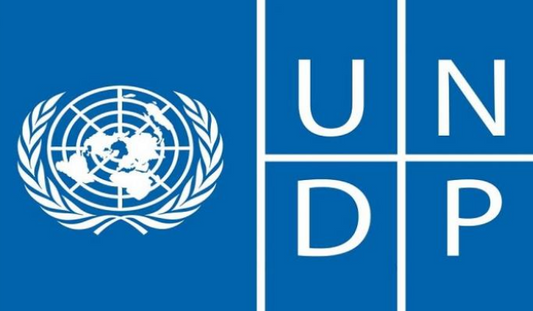The United Nations Development Programme (UNDP), with funds from the Government of Germany through KfW Development Bank, and in partnership with the Ministry of Public Health, supported 15 Lebanese public hospitals across Lebanon in becoming cost-efficient and environmentally responsible. This was done through the installation of renewable energy solutions that will yield a minimum of USD 2.3 million in energy cost savings per year, turning what started as support in 2020 to increase the hospitals' readiness in dealing with the COVID-19 outbreak, into a sustainable energy solution to face the multi-layered crisis that Lebanon is going through.
Lebanon’s continuing economic crisis is having a crippling effect on all sectors, in particular the healthcare sector, with COVID-19 adding an extra layer of vulnerability since its onset in 2020. Particularly, the lack of access to modern and reliable energy services necessary for power, light, and heat has negatively impacted economic development and public health. Without adequate power, health facilities cannot use many of the most basic and life-saving medical devices and equipment. As such, health facilities have been forced to run diesel generators to preserve uninterrupted operations for 24 hours, further constraining their already scarce financial resources and threatening their health-care service delivery.
UNDP, in collaboration with the World Health Organization (WHO), has worked closely with the technical teams at the Ministry of Public Health to analyse the data and assess the overall needs of the sector which culminated into a full-fledged "Sustainable Energy Strategy for the Healthcare Sector in Lebanon". Findings revealed that across the Lebanese health-care sector, energy efficiency can lower electricity and thermal energy demand by at least 26% and 54%, respectively. On the other hand, energy sources can deliver substantial amounts of the remaining requirements.
To that end, UNDP, with the support of Germany through KfW Development Bank, initiated the "Solar for Health" project and supported 15 public hospitals spread across the entire Lebanese territory earmarked by the Ministry of Public Health with isolation rooms for COVID-19 patients.
The transition from fossil fuel into renewable energy included 1,859 kWp of solar Photovoltaic (PV) systems, 28,200L of new solar water heating systems and the maintenance of 39,500L of existing solar water heating systems, 30,000 new LED fixtures, 80 variable frequency drive systems, 10 computerized maintenance management and 8 building management systems. This package of renewable solutions is estimated to save at least USD 2,300,000 in yearly energy costs and 5,000 tons of carbon dioxide emissions, making this not only an economical decision but an environmental one.
KfW Development Bank is working with UNDP in Lebanon on behalf of the German Federal Government in helping Lebanese communities to overcome current exacerbated challenges. This is done through the promotion of development, irrigation, green recovery, peacebuilding and support to host communities. This partnership is fostering structural improvements for the sustainable development of the country.
UNDP is working in Lebanon since 1986 as a development partner supporting economic recovery, including working with municipalities to deliver basic services to host communities, promoting clean energy and solid waste management, strengthening governance and rule of law, providing support to elections, and working on empowering women and youth.






TWEET YOUR COMMENT